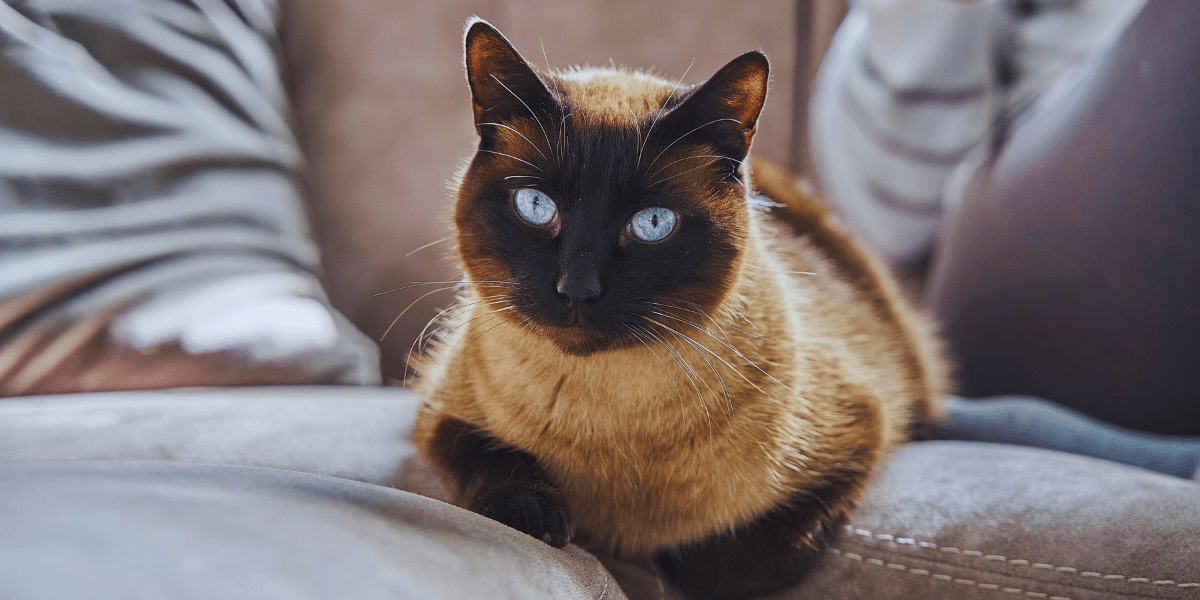Sociable Cats Excel as Therapy Animals, Bringing Comfort and Healing
Cats possess a unique ability to provide emotional support, an attribute that is increasingly being recognized in therapeutic settings. Traditionally, dogs have held the spotlight as the primary therapy animals, but recent studies reveal that sociable cats can also thrive in these environments, offering comfort and assistance to those in need.
Understanding the Role of Therapy Cats
So, what exactly defines a therapy cat? Unlike dogs, cats are not typically trained for therapy work in the same manner. However, certain sociable and calm felines can significantly impact the emotional well-being of individuals, especially in therapeutic contexts. These cats generally exhibit:
- High sociability
- A relaxed demeanor
- A willingness to engage with people
Skittish or overly anxious cats, on the other hand, are not suitable for these roles. The essence of a therapy cat lies in its capacity to make humans feel safe and comforted.
The Research Study: A Closer Look
A recent study conducted in Flanders aimed at assessing the behavioral profiles of cats involved in animal-assisted services (AAS). The study included extensive participation from cat owners across Belgium who provided detailed behavioral assessments through an online survey.
According to the study findings, researchers like Patricia Pendry, of Washington State University, noted:
“The engagement of cats in animal-assisted services (AAS) is increasing. This is surprising given that feline behavioral needs have been perceived as contradictory to conditions associated with AAS engagement, leading to the assumption that cats as a species are not suitable for AAS.”
Key Findings of the Study
The hypothesized correlation between the practical application of therapy cats and their observed behavioral traits was substantiated through the study. Some notable findings include:
- Therapy cats share common traits with therapy dogs.
- The study highlighted that certain breeds, especially those perceived as more jovial like Maine Coons, resonated well with the characteristics of effective therapy animals, though the research encompassed a wider range of mixed breeds.
- Participants reported their cats’ positive interactions and engagements with clients seeking emotional support.
Conclusion: The Healing Purr of Cats
Dogs are indeed loving companions, yet for some individuals, the calming presence of a cat can be a much more fitting source of comfort. The growing evidence in favor of cats as therapy animals opens doors to new possibilities in emotional support, suggesting that the soothing characteristics of sociable cats can bring meaningful relief to those needing companionship during challenging times.

As this research encourages a reevaluation of the role of cats in therapy, one thing remains clear: cats have an inherent ability to heal, providing companionship to those who need it most. Whether through gentle purring or a comforting presence, these extraordinary animals have the potential to thrive in therapy settings, making a difference in the lives of those who benefit from their unique companionship.






Facebook Comments